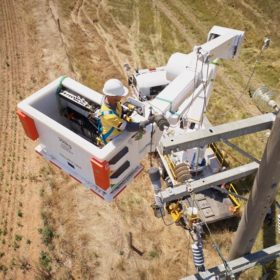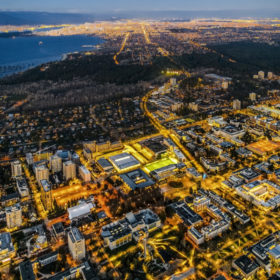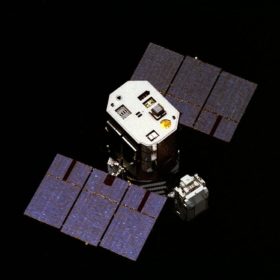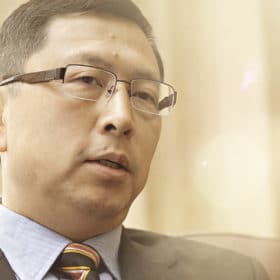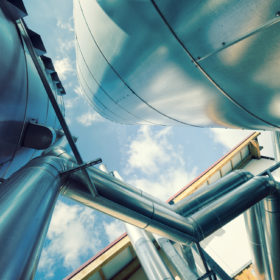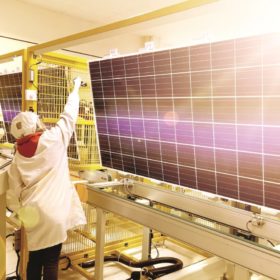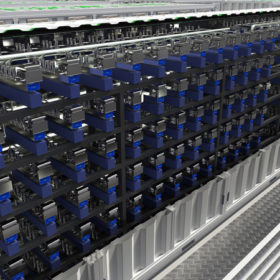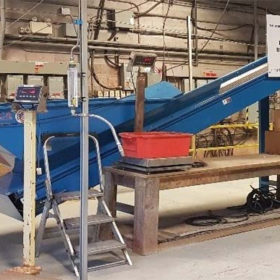Spark accepts $5.2bn takeover bid from American consortium
Australian electricity network owner Spark Infrastructure has accepted a $5.2 billion takeover bid from a North American consortium led by private equity giant Kohlberg Kravis Roberts & Co.
Harnessing heat in solar cells with thermionics
Scientists in Canada evaluated the potential of a lesser-known approach to boosting solar generation efficiency. Thermionics uses heat from the sun to generate electricity, and could be combined with photovoltaics to create devices with better than 40% efficiency from a single junction. In their evaluation, the scientists find promising pathways for further research, despite a mountain of challenges that will need to be overcome.
Space PV technology company acquired to ‘unlock notable market potential’
The company being acquired, Azur Space, produces triple-junction space solar cells with an average efficiency of up to 30% and is planning to develop ultra-thin solar cells with up to 35%.
‘Falling solar module costs are behind us’
Canadian Solar is pivoting towards energy storage and is preparing to IPO its manufacturing and Chinese solar project activity in China, under the CSI Solar operation, by July.
Australian Hydrogen Council signs five new MoUs including with the Clean Energy Council
The Australian Hydrogen Council is making the most of its universal popularity by singing five new Memoranda of Understanding (MoU) with key organisations in the Asia-Pacific and Canada including the Clean Energy Council and Bioenergy Australia.
Canadian Solar joins the 500 W-plus panel club
The Chinese-Canadian company has unveiled a range of high-power modules which are set to go into mass production by early next year. The series includes a commercial and industrial rooftop-dedicated product offering a reported 405 W.
Greentech raises funds for greenhouse gas-to-hydrogen investment, eyes $100m Australian opportunity
California-based Greentech startup ReCarbon, which recycles greenhouse gases by converting them into hydrogen, is targeting a big Australian investment.
Canadian researchers have done the math on optimizing PV output
Mathematicians at Canada’s University of Waterloo who turned their attention to solar power have developed an algorithm they say offers better control over PV plant output. The researchers estimate the algorithm could improve the output of a 100 MW power plant by almost a million kilowatt-hours per year.
Transpacific partnership aims to accelerate green hydrogen uptake
Australia’s national science agency CSIRO and Canada’s University of British Columbia have announced a memorandum of understanding aimed at accelerating clean hydrogen technologies.
Neometals commissions li-ion battery recycling pilot plant
Australian lithium developer Neometals has taken its lithium‐ion battery recycling technology to the floor at a pilot plant in Canada. SGS Canada has been contracted to construct and operate the pilot at its Lakefield facility, and handle both the front-end feed preparation and hydrometallurgical processing/refining stages.
